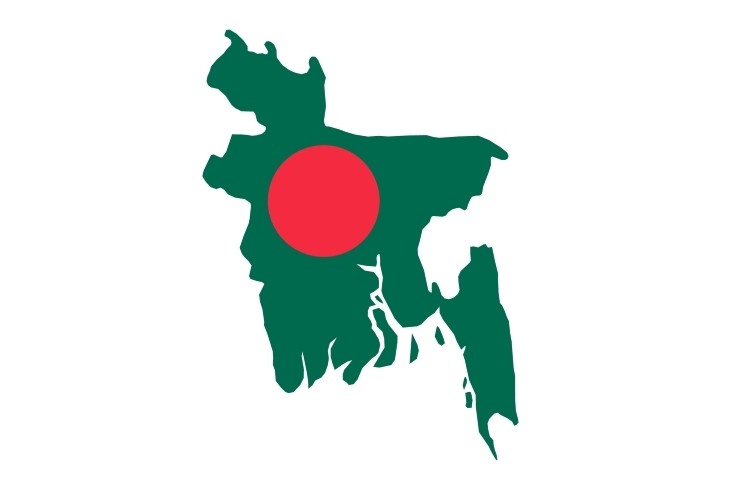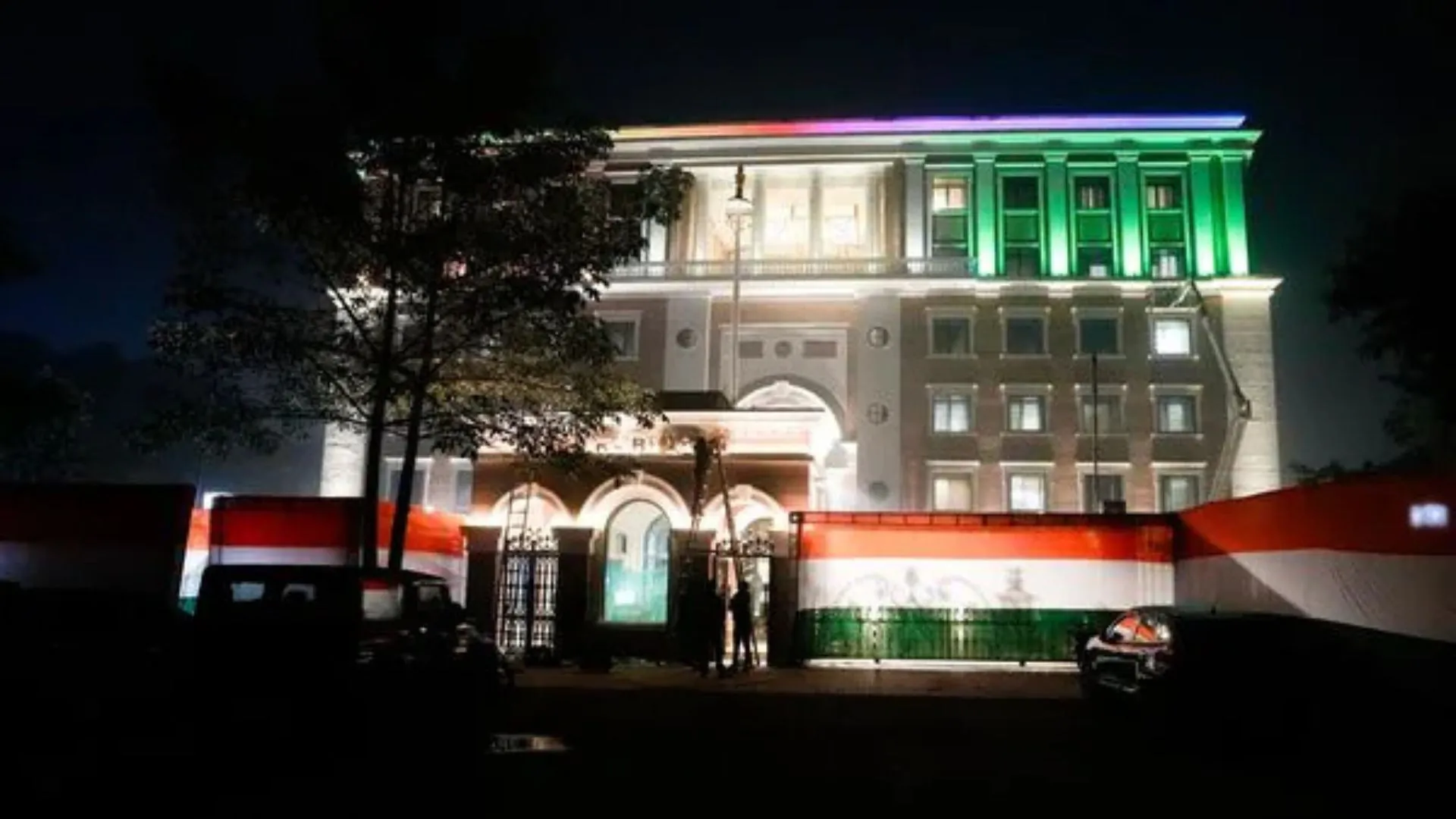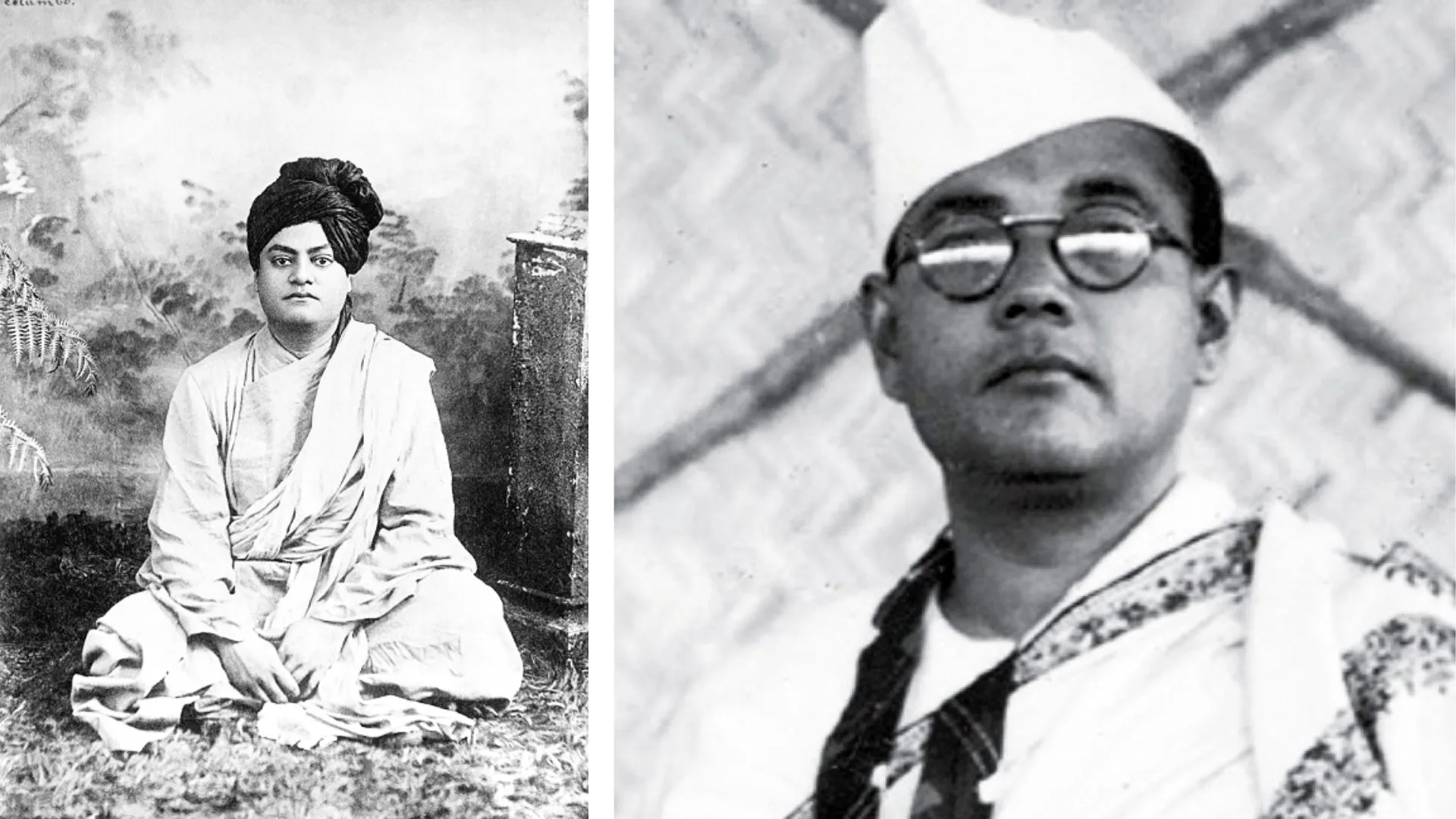As Bangladesh marks 51 years of this heroic nation’s independence, the identity of this country is today well-established, its red-green flag has become a symbol of dignity and has caught the imagination of people around the world. The one man who restored our dignity and made all this possible is the Father of the Nation Bangabandhu Sheikh Mujibur Rahman. He was the architect, the mastermind behind the creation of Bangladesh. He gave us a self-identity. Today, Bangladesh, a nation of many heroes, is remembering Bangabandhu, our world-renowned leader, with deep respect, absolute compassion and great admiration. We believe that had Bangabandhu not fallen prey to the bullets of the traitors and the enemy and had survived, Bangladesh by now would have found a place among the list of developed nations of the world. It is true that we feel a great deal of emptiness in Bangladesh without Bangabandhu. Physically, he may not be with us anymore, but his ideals do live in our hearts and guide us.
When we became a part of Pakistan after partition of India in 1947, our experience began to turn sour. West Pakistan did recognize East Pakistan as a separate entity, but we were oppressed right from the time we were born as a state. We had initially believed that together, West and East Pakistan would build a prosperous nation by eliminating divisions and inequalities among us. But our dreams were to be shattered soon, and our struggle for mere existence became very hard. Even to hold on to our mother tongue, Bangla, we had to sacrifice our lives. The West Pakistanis wanted seven and a half crore people of East Pakistan to remain puppets in their hands. We were not ready to be so. West Pakistanis thought that they could reduce Bangladesh to just a geographical entity that they could control with impunity. The way the dictator Yahya Khan neglected seven-and-a-half crore people of Bangladesh by erecting an invisible wall remains a sad and painful chapter in the pages of our history. But the Bangalis are a fighting people and their collective voice roared against the injustice and oppression. By the grace of the Creator, a great hero appeared in Bengal on 17 March 1920. He arrived as the ambassador of liberation of the Bengali nation against all injustice, oppression, torture and discrimination. Many leaders have shown the dream of independence to Bangalees, a nation subjugated for thousands of years. They were only able to show a dream to the Bangalee nation, but they could not free it from the shackles of subjugation. It was only Bangabandhu who was able to unite the nation step by step, singing with them the song of independence. From the time the dictators of West Pakistan conspired to make Urdu the state language of Bengal, Bangabandhu was convinced that West Pakistan would never provide shelter for the seven-and-a-half crore people of Bangladesh. It would only exploit the Bangalees.
Bangabandhu Sheikh Mujibur Rahman was then the leader of Awami League, one of the political parties of the subcontinent. In the elections held for both West and East Pakistan in 1954, the Awami League won the majority of the seats. And the main leader of that Awami League was none other than Bangabandhu Sheikh Mujibur Rahman.
Despite Awami League’s majority in 1954, the ruling class of West Pakistan conspired and left no stone unturned to colonize East Pakistan. Bangabandhu’s courageous voice rose against this conspiracy and intrigue of West Pakistan. Bangabandhu began his struggle for liberation. He also managed to give an impetus to the Bangladesh Chhatra League.
In 1966, Bangabandhu declared six points as the Charter of Liberation of the Nation. In these 6 points there was a clear direction of independence of the Bengali nation. One of the six points that gave hope to the Bangalee nation was the demand for the implementation of a non-discriminatory policy between the people of East Pakistan and West Pakistan in all areas. The Bangalee nation was ready to give its life for this cause. The barbaric ruling class could not suppress Bangabandhu even after sending him to jail time and time again.
In 1969, a strong student movement took place against the controversial West Pakistani military rulers Ayub and Yahya. When Tofail Ahmed emerged as the successful hero of the student uprising, Bangabandhu’s political power was proved again. Constituent Assembly elections were held in Pakistan in 1970. Although the Awami League, under the leadership of Bangabandhu, got an absolute majority, the winning members were not allowed to sit in the National Assembly and the Awami League failed to form a Government.
This incident led to the final preparation for independence. On 7 March 1971, the historic public meeting of Bangabandhu took place at the then Race Course Maidan in the historic Suhrawardy Udyan in Dhaka. Apart from the capital Dhaka, lakhs of people of all walks from across East Pakistan flocked to this public meeting. The curiosity of millions of people just kept growing about this poet of politics. What would the poet say? The world famous leader then gazed long at the crowd. The undisputed leader of Bengal went on to resolutely declare in his speech, “The struggle this time is a struggle for emancipation, the struggle this time is a struggle for independence.” Seven and a half crore people of Bengal responded to Bangabandhu’s call. The final battle for independence had begun.
Bengal gained victory on 16 December 1971 after a long and bloody struggle of nine months. Our freedom was gained in exchange for the blood of three million martyrs. Two hundred thousand mothers and sisters had to horrifically lose their dignity so that we could get the red-green flag of independence. The Father of the Nation was taken away to a dark prison in East Pakistan during the War of Liberation. Relying on Bangabandhu’s leadership at the time, the interim government was formed in Mujib Nagar. It was led by the late Syed Nazrul Islam, a worthy follower of Bangabandhu, Tajuddin Ahmed and other senior leaders of the Awami League.
The Great Shepherd of his countrymen was betrayed on 15 August 1975. The cabal that carried out his assassination and that of his family that mournful day betrayed not just Bangabandhu but an entire new-born nation. Sheikh Hasina, the deserving daughter of Bangabandhu, saved the nation from the uncertain journey that started in Bangladesh 21 years after the assassination of Bangabandhu. Sheikh Hasina succeeded in fulfilling the dream of Bangabandhu as our Father of the Nation gave an ideal education to his children. The enviable rise of Bangladesh in South Asia and in the world today is only due to the visionary leadership of Sheikh Hasina, Bangabandhu’s blood successor. In 51 years of independence, only one leader is remembered today. He is none other than Sheikh Mujibur Rahman, the father of the greatest Bengali nation of all time.
The author is Minister-Press in the High Commission of Bangladesh, New Delhi.























